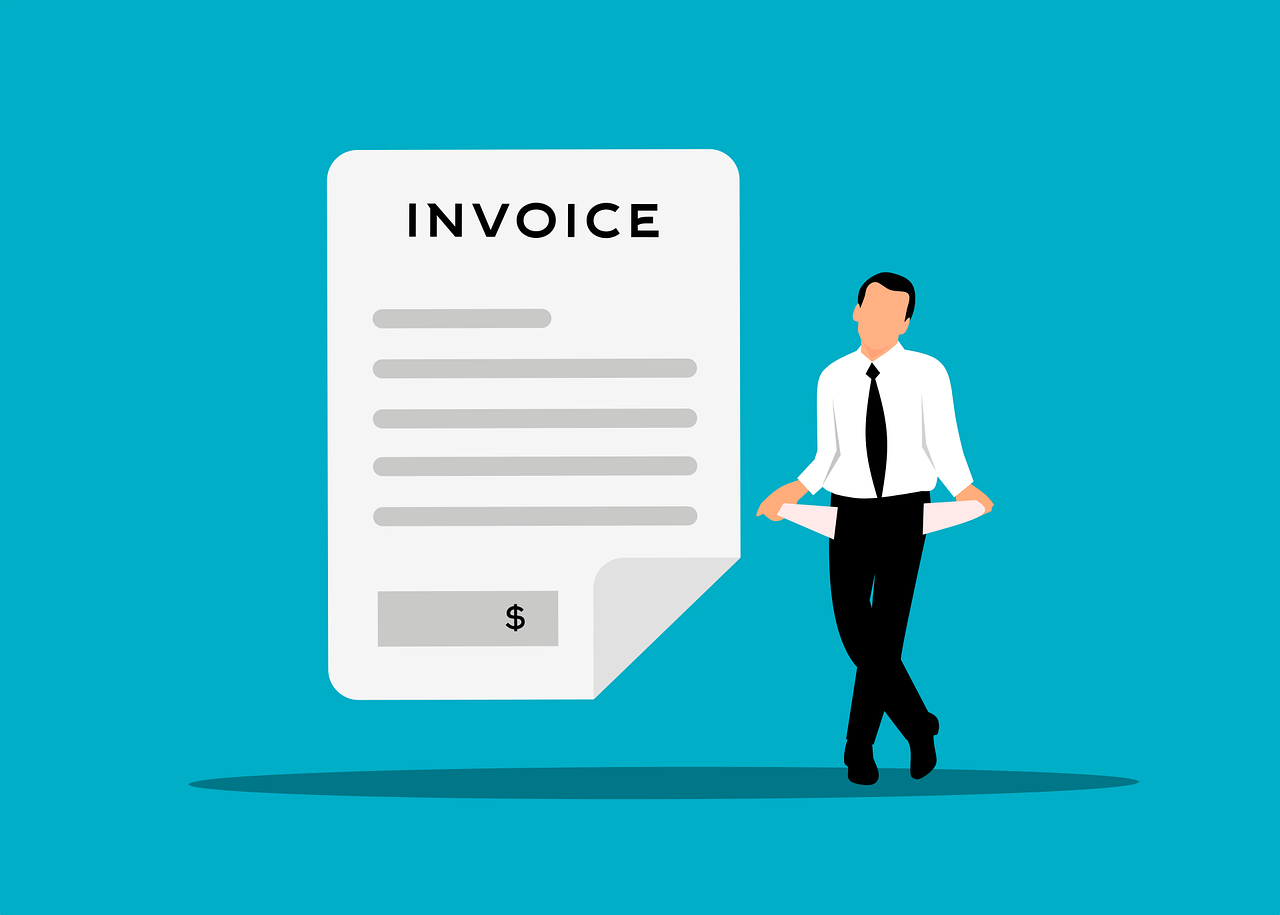If you’re waiting on payments, chasing paperwork, and waking up wondering when that invoice will finally land then you’re not alone. For construction SMEs, late payments aren’t just an admin hassle. They’re a direct threat to cash flow, job planning, and even payroll. The root issue? Often it’s not the clients. It’s your billing setup.
Why Construction Firms Are Especially Exposed
In a fast-moving environment with multiple subcontractors, progress payments, and change orders, billing can get messy fast. If your project team, admin staff, and accounts aren’t in sync, you end up with: delayed invoices that go out days (or weeks) after the work is done; missing backup documentation that slows approval; confused clients disputing charges; poor visibility over what’s actually been billed vs what’s still outstanding. Main contractors and end clients can also delay payments. It creates a knock on effect: delayed cash in, delayed payments out, and a constant strain on your working capital.
The Hidden Cost of Bad Billing
Chasing invoices isn’t just frustrating but it has real consequences:
- Cash Flow Stress: You’re juggling supplier and payroll obligations while waiting on money you’ve already earned.
- Time Wasted: Admin staff and directors alike get pulled into back-and-forth emails to explain or reissue invoices.
- Reputation Damage: Constant payment delays affect trust with your own subcontractors or labour suppliers.
- Growth Limits: You hesitate to take on new projects or invest in equipment because you don’t know when payments will land.
Fixing It Starts With the Right Billing Process
Good project billing is about speed, clarity, and accountability. That usually means: setting clear billing milestones or schedules in your contracts; using consistent invoice templates with job specific breakdowns; making sure all billing is tied to job codes or cost categories; having a central system that tracks what’s billed, what’s paid, and what’s overdue; ensuring admin staff are trained to send and follow up promptly. And importantly, it also means involving your operational team not just your bookkeeper. Site managers and PMs need to flag when a job phase is complete and ready to invoice.
Small Fixes, Big Results
You don’t need to overhaul your finance system overnight. Even simple changes can speed up payments: introduce weekly billing review meetings with your team; use cloud tools to issue and track invoices in real time; automate reminder emails for overdue payments; log reasons for delayed approvals so you can spot patterns. Most importantly, look at the full journey from “work complete” to “cash received” and identify where the delays really start.
If you are dependent on an overdraft of cash flow finance, this can translate into higher interest costs or fees. Solid billing and collection processes help minimise the cost of finance.







